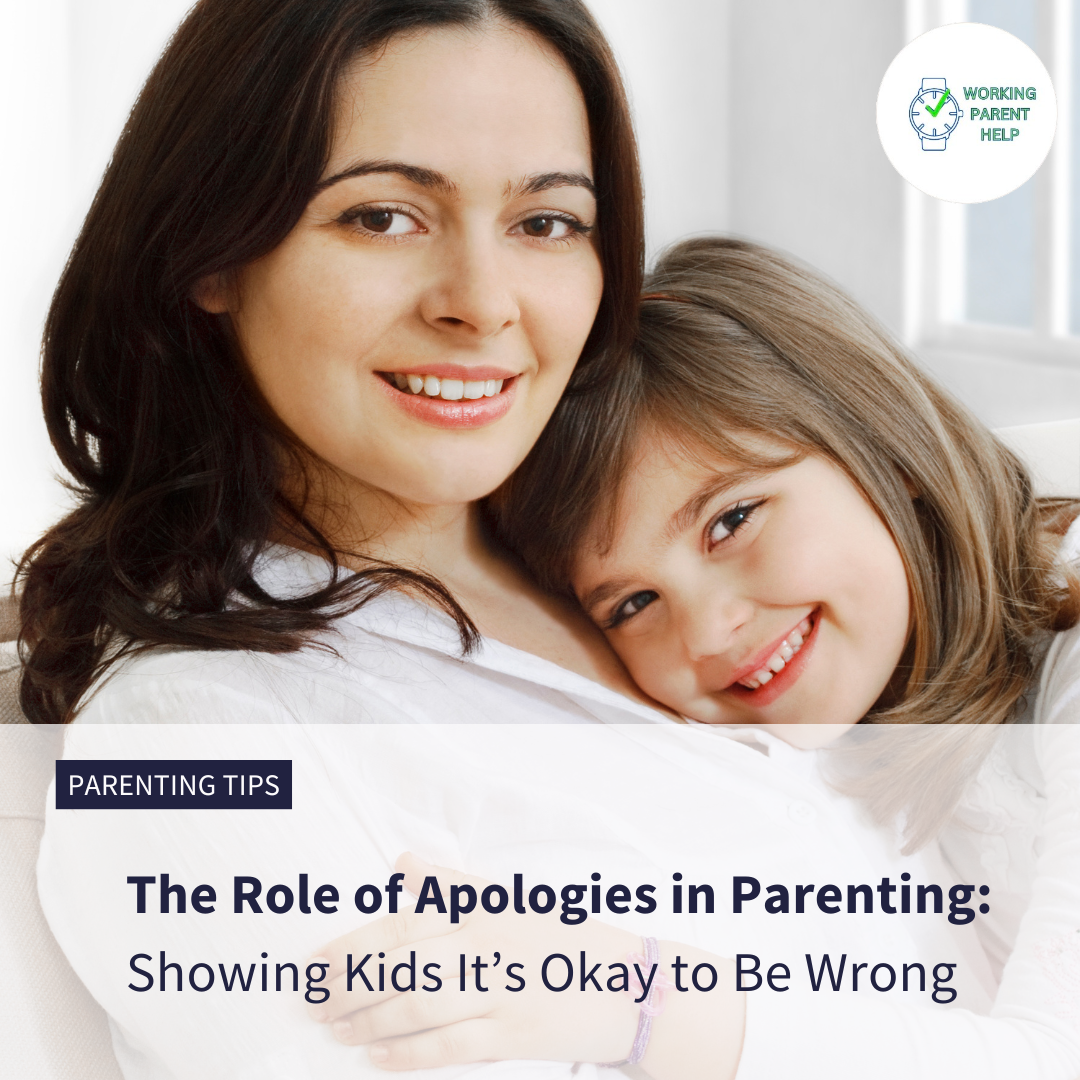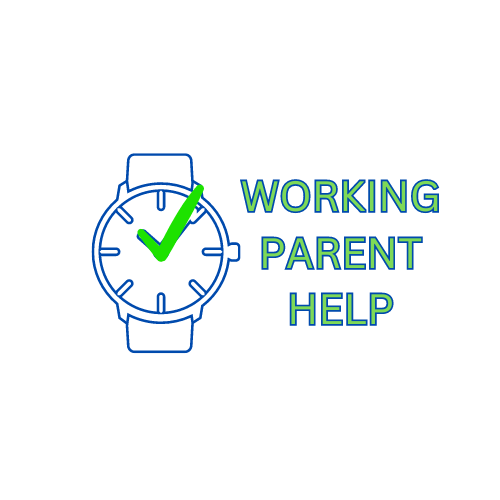
The Role of Apologies in Parenting: Showing Kids It’s Okay to Be Wrong
As parents, we often feel like we need to be superheroes—always right, always in control, and never making mistakes. But let's be real: we mess up. A lot. Whether it’s snapping at our kids after a long day or mistakenly blaming the wrong child for the cereal massacre in the kitchen, parenting is a humbling experience. One of the most powerful things we can do is show our kids that it's okay to be wrong—and that starts with a sincere apology.
1. Builds Trust and Connection
Apologizing to your child is like putting emotional money in the trust bank. When kids see that you acknowledge mistakes and make amends, they feel safer and more connected to you. It teaches them that honesty isn’t just expected from them—it’s something the whole family values.
Want to reinforce that bond? A cozy reading nook can make those heartfelt talks even more special. Try setting up a space with the 55-1 ReadNest Kids Bookshelf with Nook where you can share stories (and apologies) in a warm, comforting environment.
2. Teaches Accountability and Responsibility
Kids learn more from what we do than what we say. If you want to raise a child who takes responsibility for their actions, you need to model it. Admitting when you’re wrong teaches kids that mistakes aren’t something to fear—they’re opportunities to learn and grow.
Want to keep your apology moments organized? A designated apology corner with the TidySpace 5-Cubby Toy Storage Bookshelf might just do the trick. A spot where kids and parents can reflect on their actions? Win-win.
3. Encourages Emotional Growth
Apologizing isn’t just about fixing a mistake; it’s about acknowledging emotions and validating feelings. When you say, "I'm sorry I raised my voice. I was feeling frustrated, but that wasn't fair to you," you're teaching your child emotional intelligence.
Bonus tip: Create a calming environment with the SeatBackPro High-Capacity Car Organizer. Less clutter = less stress = fewer frustrated outbursts that require an apology later.
4. Breaks the Cycle of Pride and Avoidance
Raise your hand if you grew up with parents who never apologized (yep, same). Many of us come from households where "because I said so" was the ultimate argument-ender. But that approach can lead to stubbornness, resentment, and difficulty admitting mistakes in adulthood.
By normalizing apologies, you help break that cycle. And if you want to get serious about breaking cycles, start with household organization. The GlassPro 24pc Airtight Pantry Food Containers might not fix generational trauma, but they will at least keep your snacks fresh and your kitchen looking less like a war zone.
5. Strengthens a Growth Mindset
When kids see that even their all-knowing parents can make mistakes and bounce back, it reinforces a growth mindset. They learn that mistakes aren’t failures—they’re part of the learning process. An apology isn’t a sign of weakness; it’s a step toward improvement.
So, what’s the takeaway? Apologizing to your child doesn’t diminish your authority—it strengthens it. It shows them that real leaders own their mistakes, repair relationships, and move forward with grace. Plus, let’s be honest: kids have an uncanny ability to remember our mistakes forever. Might as well own up to them now rather than hear about them at their high school graduation speech.
What About You?
Have you ever had to apologize to your child? What was their reaction? Share your stories in the comments, and check out our other parenting posts for more tips on surviving (and thriving) as a busy parent. And remember, a sincere "I'm sorry" today could lead to a stronger relationship tomorrow!
